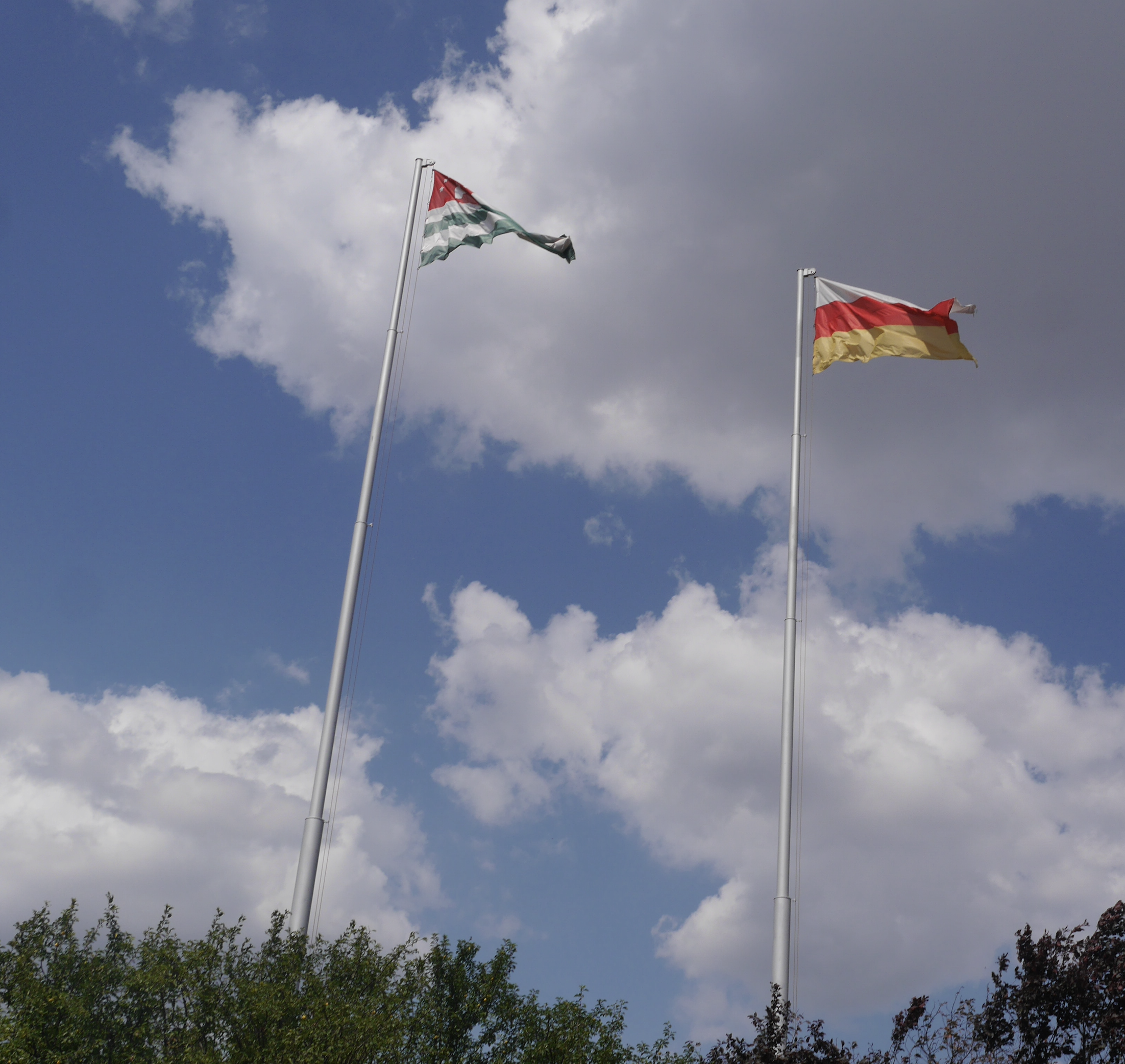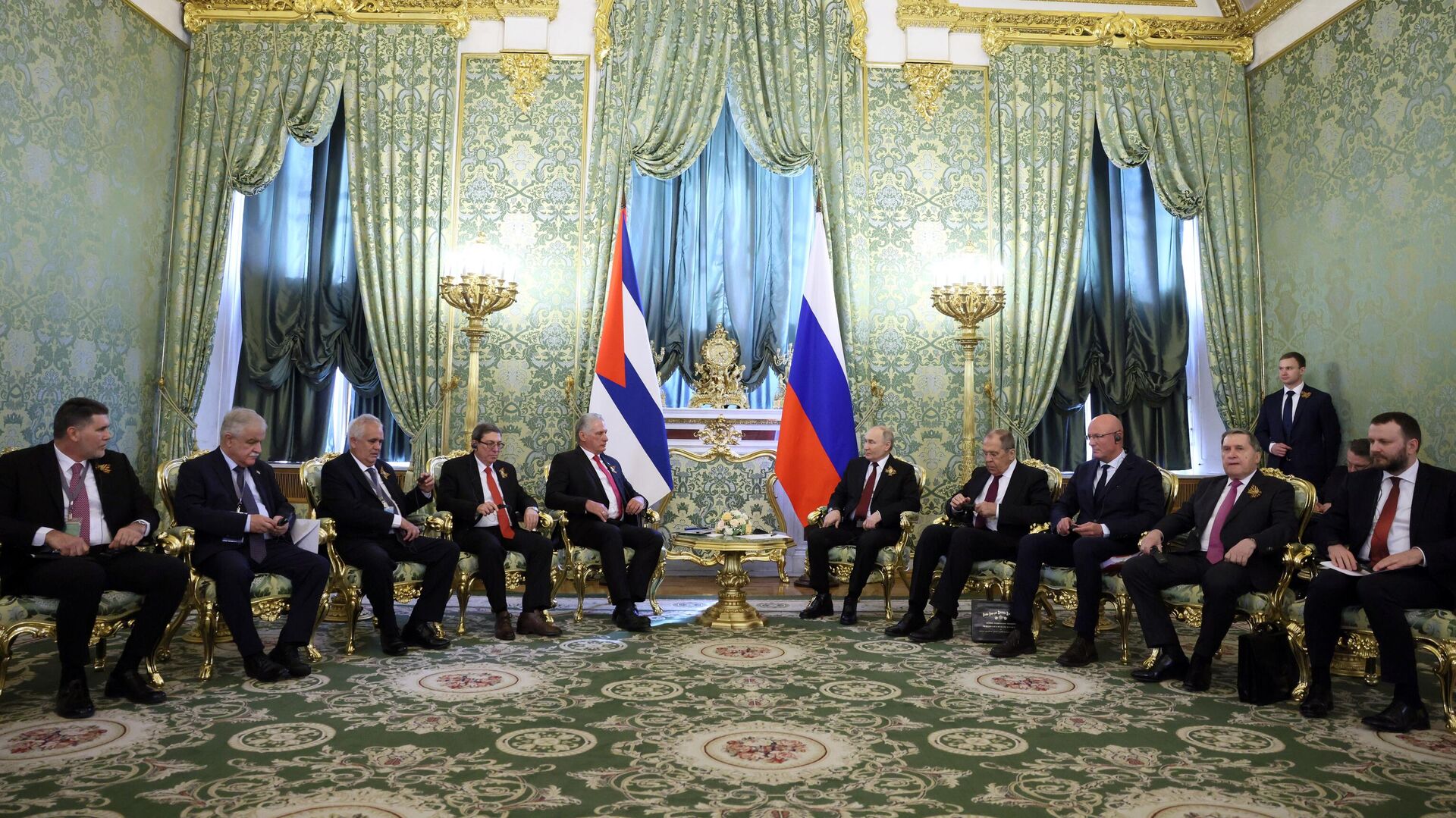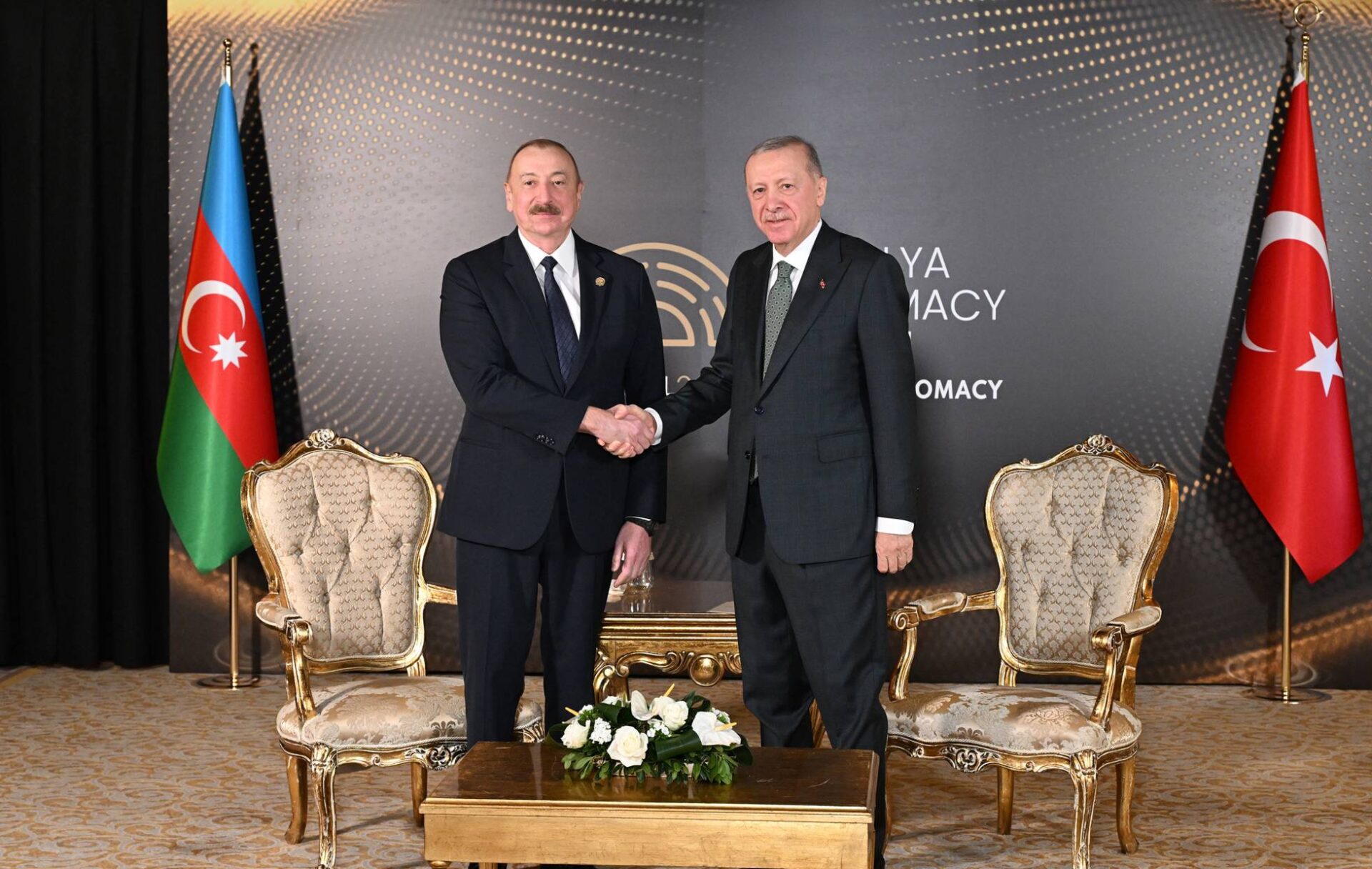
The Kremlin Tries to Exorcise the Memory of the Berlin Wall
The Kremlin Tries to Exorcise the Memory of the Berlin Wall
The massive spontaneous eruption of street protests in East Germany 30 years ago culminated in the breach of the ominous Berlin Wall, and that breakthrough determined the end of the Soviet system and collapse of the Union of Soviet Socialist Republics (USSR) two years later. Today, the Russian leadership is keen to celebrate occasions that fit a new “patriotic” historical narrative—and the fall of the Berlin Wall conspicuously does not fit. Thus, Foreign Minister Sergei Lavrov instead traveled to Kirkenes, in northern Norway, to mark the anniversary of the Arctic town’s liberation by the Soviet Red Army and to warn Oslo against relying on North Atlantic Treaty Organization (NATO) allies for its defense—underscoring the current large-scale deployment of Russian submarines in the North Atlantic (Nezavisimaya Gazeta, October 30). Meanwhile, Sergei Naryshkin, the director of the Russian Foreign Intelligence Service (SVR), published a rare article on the occasion of the 75th anniversary of the liberation of Belgrade and expressed regret that, in 1999, Russia was not strong enough to protect Serbia against NATO’s bombing campaign (Grani.ru, October 23). In contrast, there was no space in the official discourse to reflect on the spectacular wave of revolutions that liberated Eastern Europe in the autumn of 1989.
Mikhail Gorbachev, then the president of the USSR, found it impossible to order the half-a-million-strong grouping of Soviet forces in East Germany to suppress the uprising; and that indecision earned him a prominent place in the history books (Novaya Gazeta, November 1). A mid-level KGB operative named Vladimir Putin was astonished, at the time, by the exhilarated crowds around his Dresden office and would never forgive Gorbachev that capitulation (Ezhednevny Zhurnal, November 1). By a whim of fate, Putin’s until-that-point undistinguished career took a series of miraculous turns, eventually landing him in the Kremlin; but the shock of witnessing an entirely unpredictable explosion of public anger against perfect Socialist “order” never quite faded from his psyche, despite his explicit shows of confidence in performing his now-so-familiar presidential role (Rosbalt, November 1). Putin is determined not to repeat Gorbachev’s “mistake” and to crush any signs of budding protest, focusing in particular on destroying political networks built by his intrepid opponent Alexei Navalny (Meduza.io, November 1).
After a brief quasi-pause during the summer, when Moscow witnessed a succession of street and virtual protests, repressions against the democratic opposition are again gearing up (Newsru.com, November 1). Russian authorities have decided not to stage nor allow any rallies on the newly invented Day of National Unity (November 4), fearing a sudden re-energizing of apparently disheartened protesters (Republic.ru, November 1). Officials did not dare, however, to ban the annual October 29 ceremony, when thousands of people come to the memorial stone near the former KGB headquarters to read aloud the names of people executed during the Great Terror of the 1930s (New Times, October 29).
The National Guard (Rosgvardiya) riot police is eager to demonstrate cruel resolve; but the East German state security service (Stasi) was also supposed to be supremely efficient in exterminating all discontent yet still failed to prevent the political meltdown three decades ago (Nezavisimaya Gazeta, October 28). The Communist-era Stasi was also far less corrupt than Putin’s marauding security services (siloviki), which sometimes expose vast fraud among competitors in order to secure their own rackets (Kommersant-FM, November 2). This unconstrained predation sharply aggravates public grievances regarding shrinking incomes and the decaying health care system. Selective repressions only produce sparks that could kindle this smoldering outrage (Moscow Echo, November 1).
Taking a stand against Putin’s regime today takes no less courage than the legendary Soviet-era dissidents had to possess during the Cold War: any word of criticism can trigger a vicious campaign of vilification by an eager crowd of pro-Kremlin “patriots” (Moskovsky Komsomolets, October 30). One inspiring example for the present-day rebels was Vladimir Bukovsky, who died last week (October 27), at the age of 76 (Svoboda.org, October 28). Boris Nemtsov, a charismatic leader of the anti-Putin opposition who was assassinated on February 27, 2015, admired Bukovsky as the “conscience of our resistance” (Nemtsov Most, October 31). The Putinist system has nobody who could possibly command equivalent moral authority, so the Kremlin has been trying to lionize the late Yevgeny Primakov (Carnegie.ru, October 30). What earned Primakov a newly erected monument in Moscow was his “shrewd political instinct”—he meekly stepped down as prime minister in 1999, thus allowing Putin to begin his then-preposterous claim for leadership (Newsru.com, October 31).
Primakov was the topmost Soviet and Russian expert on the Middle East and a good friend to many regional dictators, and his tradition remains very much alive in Putin’s cultivation of personal ties with the likes of Egyptian President Adbel Fattah el-Sisi or in Russian support for Libyan “field marshal”/warlord Khalifa Haftar (RBC, October 29). The mainstream Russian media completely avoids the new waves of public protests in Lebanon, Egypt and Iraq, but it carries plenty of opinions about Russia’s further strengthening influence in the Middle East thanks to the recent deal with Turkey on a ceasefire and joint patrols in northeastern Syria (TASS, October 21). That deal is certainly full of holes (see EDM, October 24, 28, 31), and Russian plans to legitimize the victory of Bashar al-Assad’s Syrian regime by convening a constitutional committee in Geneva is far-fetched at best (Nezavisimaya Gazeta, October 30).
Any mention of mass public protests upsets the Kremlin court, so Russia’s relations with Armenia, where the “Velvet Revolution” triumphed peacefully in 2018, remain loaded with disapproval and suspicions (Rosbalt, November 1). The main irritant, however, is Ukraine, where the youthful and resourceful President Volodymyr Zelenskyy—an antipode to the seemingly irreplaceable Putin—defies heavy odds and keeps working on rapprochement with NATO (Moscow Echo, October 31). Zelenskyy has invested much effort in moving toward a compromise solution on the Donbas war zone, but Moscow remains highly reluctant to make any reciprocal step (Kommersant, November 1).
The Kremlin is worried any reasonable compromise in defusing tensions with Ukraine or lifting the self-punishing counter-sanctions against the European Union would be interpreted by imaginary external and domestic “enemies” as a sign of weakness. This intransigence, however, does not make for a convincing show of strength, and the rejection of even curtailed democratic freedoms condemns Putin’s regime to paralysis. Russian society is fragmented and disoriented, but it is by no means archaic and stagnant; its modernization continues no matter what ultra-conservative norms and values are imposed by the official propaganda. The Kremlin towers provide no better defense than the Berlin Wall did against the students and teachers, professionals and pensioners, who are becoming fed up with the corrupt self-serving rulers and start chanting, “We are the people.”


